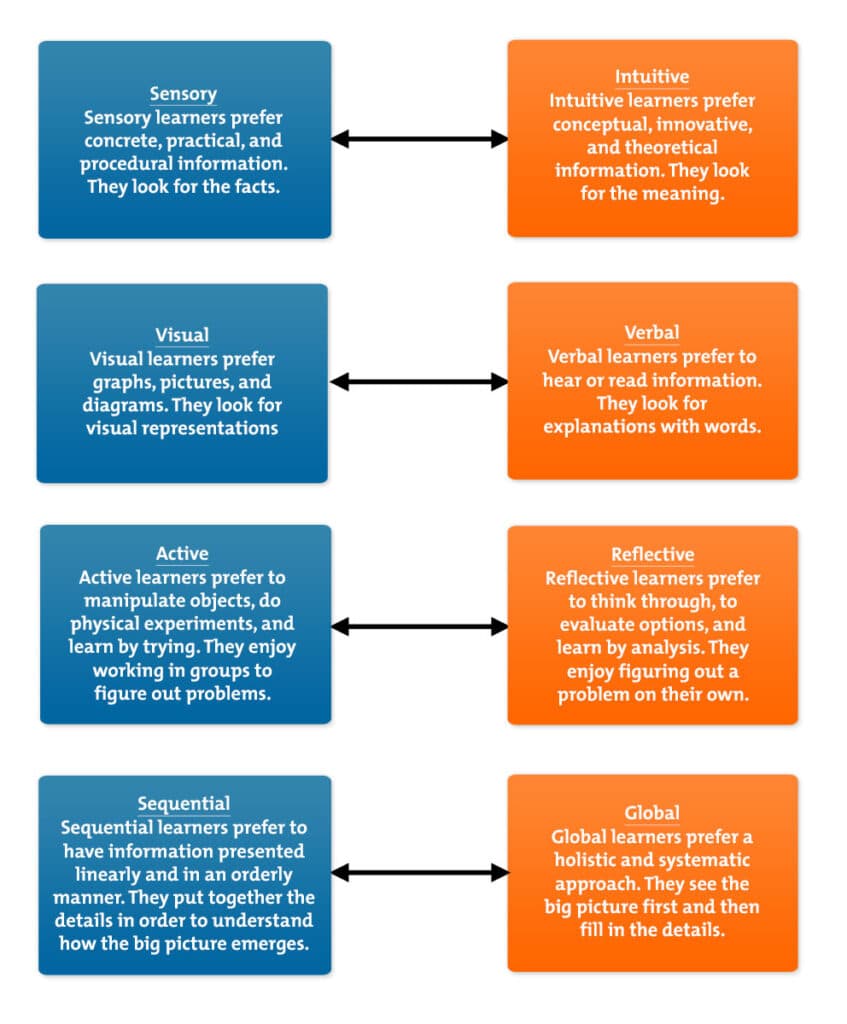
Finding Your Perfect Sports Career Mentor: A Complete Guide to Better Match
A mentor can significantly impact your sports career by providing guidance, industry connections, and valuable learning opportunities. Here's how to find the perfect mentor:

Couple walking side by side
Understand Your Learning Style Before seeking a mentor, determine your preferred learning method using the Index of Learning Styles framework. This helps match you with a mentor whose teaching style aligns with how you learn best.

Colorful flowchart showing eight learning styles
Identify Your Personality Type Use the Myers-Briggs Type Indicator to understand your personality preferences across four key dimensions:
- Extraversion vs. Introversion (how you focus on the world)
- Sensing vs. Intuition (how you process information)
- Thinking vs. Feeling (how you make decisions)
- Judging vs. Perceiving (how you structure your life)
Define Your Ideal Mentor Create a mentor profile based on your personality and learning preferences. For example, introverts might prefer mentors who communicate primarily through digital channels, while extroverts may benefit from frequent in-person meetings.
Research Potential Contacts
- Identify professionals in your desired sports field
- Connect through LinkedIn
- Join professional sports industry organizations
- Network at industry events
Establish the Relationship
- Begin with casual networking rather than immediately requesting mentorship
- Provide value before asking for help
- Engage meaningfully with their content and work
- When ready, request mentorship with clear goals and expectations
- Set specific boundaries and time commitments
A great mentor should:
- Provide hands-on learning opportunities
- Identify areas for improvement
- Help set professional goals
- Offer honest feedback
- Share industry connections
- Provide encouragement and support

Man spins basketball at desk
Remember to be patient and respectful throughout the process. The right mentor-mentee relationship develops naturally and benefits both parties involved.
Related Articles

Revealed: The 3 Types of Employees Directors Look For in Your Career

